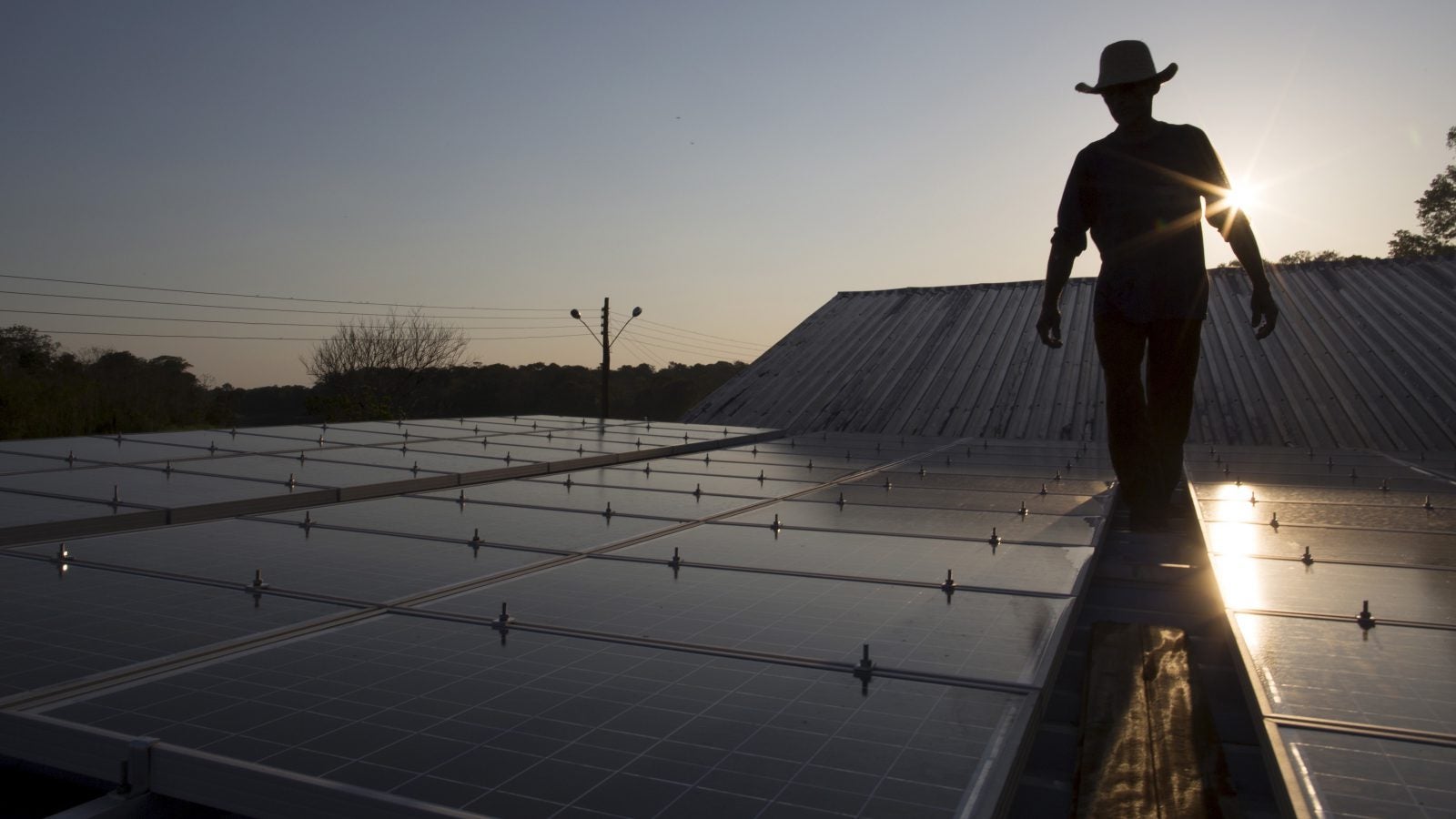These companies now run on 100% renewable power
Companies are starting to take the lead in the drive toward decarbonization.


Companies are starting to take the lead in the drive toward decarbonization.
It’s a big shift. For years, governments had to force change through legislation and support systems, such as subsidies, to the dismay of free-marketers. Now, companies across the world are signing up to voluntarily derive all their power from renewable sources. For some that means buying from sustainable power providers (Mars this week signed a deal with a Scottish wind farm that makes it 100% renewable in the UK). For others, the mission extends to building their own wind farms and solar arrays. Some companies, like Microsoft, have already got there.
RE100 is a collaboration of businesses which launched in 2014, set up by non-governmental organizations The Climate Group and CDP. Its 2016 report provides data on exactly how far companies have come:
Other companies have signed up, but the chart above shows those that have already got to above 50% renewable power. (Mars, for example, is only at 6% globally.) Some also pledged to get total energy (including heat) from renewables.
Google isn’t in the chart because it doesn’t put the data in the public domain. But it’s signed up to RE100, which says Google is the biggest corporate purchaser of renewable power in the world, and has direct agreements to buy energy from suppliers, including wind farms, near its data centers. Google has talked a lot about its goal to get to 100% renewable power. Facebook, meanwhile, is aiming to be running on 50% renewable power by 2018.